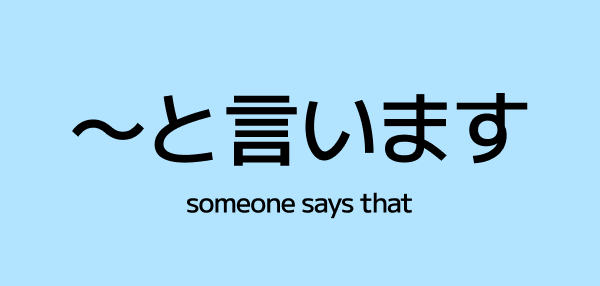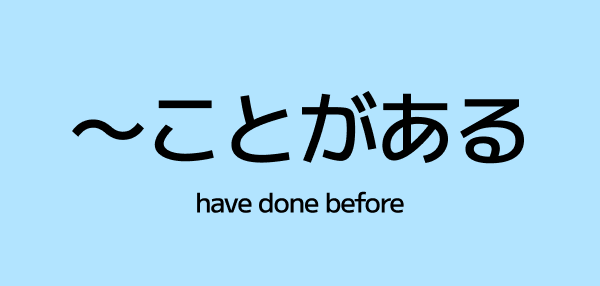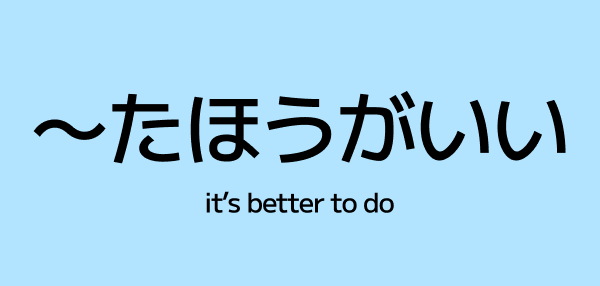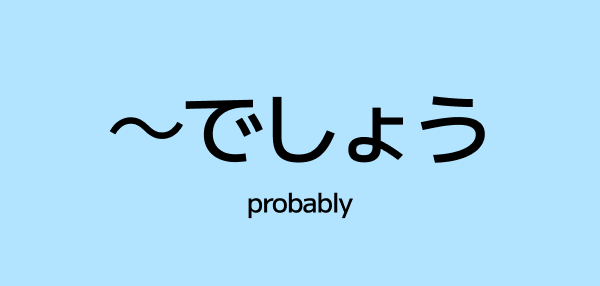~かもしれません (kamo shiremasen) – How to Say "Might" or "Maybe" in Japanese
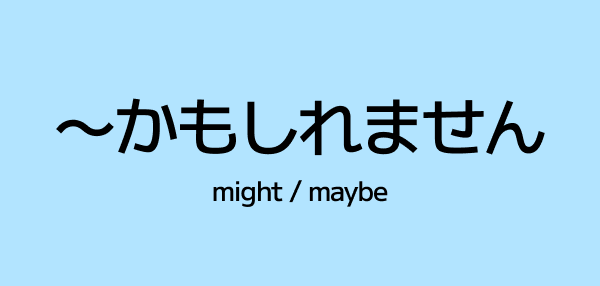
Sometimes, you just don’t know for sure.
Maybe it’ll rain.
Maybe your friend is late.
Maybe you left your wallet at Lawson. 😅
In Japanese, when you're not totally sure about something, you use:
~かもしれません (kamo shiremasen) = “might,” “maybe,” or “it could be.”
This grammar lets you express possibility, uncertainty, or soft guesses. Let’s take a closer look 👇
What Does ~かもしれませんMean?
~かもしれません means:
- might
- may
- could be
- possibly
It’s a polite way to say you’re not 100% sure about something.
You'll use it all the time, especially when you want to be indirect or humble.
In casual speech, you can shorten it to ~かも.
Note: Kamo also means duck... are you very uncertain and keep saying "kamo"? Maybe you are a duck... 🦆🦆🦆
How to Use ~かもしれません
Attach it directly to the plain form of a word:
- Verbs (dictionary form) + かもしれません
- いく→いくかもしれません(might go)
- い-adjectives + かもしれません
- たかい→たかいかもしれません(might be expensive)
- な-adjectives (drop な!) + かもしれません
- しずか→しずかかもしれません(might be quiet)
- Nouns + かもしれません
- がくせい→がくせいかもしれません(might be a student)
Examples
- かれ は くるかもしれません。 → He might come.
- この シャツ は たかいかもしれません。 → This shirt might be expensive.
- あした は しずかかもしれません。 → Tomorrow might be quiet.
- あの ひと は がくせいかもしれません。 → That person might be a student.
Casual Versions:
- くるかも
- たかいかも
- しずかかも
- がくせいかも
Cultural Note: Why Japanese Uses So Many “Maybe”s
In Japanese culture, being too direct can feel pushy or rude. People often leave room for uncertainty, even if they’re 99% sure.
So instead of saying:
"This is definitely the answer." ❌
They might say:
"This might be the answer." ✅
This politeness can feel really different if you come from a culture like the U.S., where you're encouraged to be confident and assertive, especially in writing or debate.
Using ~かもしれません is one of many ways Japanese speakers stay humble, vague, or non-committal in a conversation.
It's one of those things that can be a point of culture shock, so we just wanted to point it out here!
Why is it “かも+しれません”?
To further break things down, this grammar is made up of two parts:
- かも → a short form of かも知れない, meaning “it’s possible that…”
- しれません → polite negative form of 知る (shiru / to know)
Put together, it literally means “(I) don’t know, but it might be…” which is a very Japanese way of expressing uncertainty or possibility without being too direct. You’re politely saying, "It’s possible, but I’m not sure!"
~かもしれませんvs. ~でしょう
Both can express possibility, but:
- Use ~でしょう when you’re fairly confident (e.g., “It will probably rain”)
- Use ~かもしれません when you’re less certain (e.g., “It might rain”)
Think of ~かもしれませんas a softer, humbler version.
Practice Time!
Try saying these in Japanese using ~かもしれません:
She might not come. →彼女は来ないかもしれません
It might be cold tomorrow. →明日は寒いかもしれません
I might be late. →遅れるかもしれません
Now try saying them casually with ~かも!
Recap
- ~かもしれません = "might," "maybe," or "it could be"
- Use it after verbs, adjectives, or nouns in plain form
- In casual speech, drop the しれません and just say ~かも
- It adds polite uncertainty and softens your statement
- Common in Japanese culture, where being too certain can feel rude
Want to level up your hedging and sound like a native? Use more of this grammar. Just don’t use it when writing a bold, confident essay, unless you're in Japan. 😄

